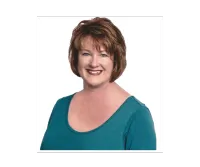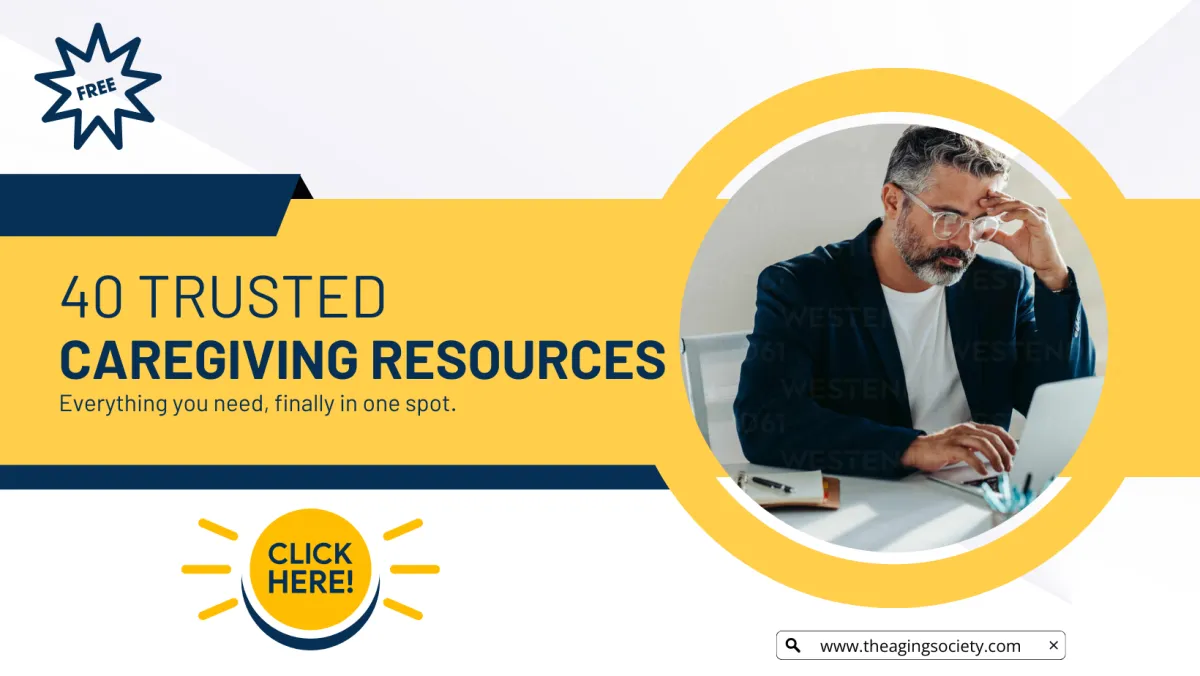Thoughtful Support For The Caregiver
Who Needs To Get It Right
Because You Care Deeply
You don’t complain. You don’t make a scene. You just keep showing up.
You remember the medications. You clean the dishes. You rearrange your life around everyone else’s needs. And somehow, people still say, "You’re so strong."
But what they don’t see is the cost. The exhaustion. The silent resentment. The fear of what happens if you don’t show up.
This space is for you. The caregiver who’s been steady, quiet, and under-supported for too long.
You Don’t Have To Be The Strong One Every Day
There is no award for doing this silently. And there’s nothing weak about needing support. What you might need most right now is:
Permission to stop holding it all in
Words to explain what you’re carrying
Tools that lighten your load without adding more to it
You’ll find all of that here. And no one will ask you to "do more" to get it.
What You'll Find Here
✨ Curated Blog Posts Caregiving guidance for the deeply responsible, detail-oriented, emotionally invested decision maker.
📅 Planning & Clarity Tools Checklists, guides, scripts, and decision trees that simplify without oversimplifying.
🏡 Resources That Respect Your Standards Only products and services we’d recommend to our own family members — because your standards are high (and so are ours).
Start With Something Small:
One Small Shift
A daily, two-minute nudge to help you move forward, gently, thoughtfully, and with clarity. Caring for an aging parent isn’t just about logistics, it’s layered with uncertainty, research tabs, and the pressure to “get it right.” You don’t need more noise or another overwhelming to-do list. You need a small, steady path forward.
That’s what One Small Shift offers:
📧 One short daily email you can read in under two minutes
📚 A story, insight, or mindset shift from real caregivers who’ve been there
🛠 A low-pressure action you can take right now to feel just a little more in control
This isn’t about rushing. It’s about creating calm and clarity, one thoughtful step at a time.
💡 Once you're in, you'll also get guided tools for moments that matter most:
✅The Caregiver Starter Kit
✅Mistakes to Avoid When Choosing Care
✅Senior Living Tour Checklist
✅Clarity Checklist: What Your Parent Really Needs
✅40+ Trusted Resources Directory
No pressure. Just a better way to move forward.
You Deserve Support That
Matches Your Mindset
You’re not overthinking. You’re being thorough. And that’s something to honor, not rush past.
Take your time here. Look through the resources below. And know this: just because you care deeply doesn’t mean you have to carry it all alone.
Talk With Purpose
31 Days of Scripts & Strategies For Families Navigating Senior Living Options
For caregivers who think deeply, care deeply, and want to get it right.
If you’ve been holding off on family conversations because you’re not sure how they’ll land, this guide was made for you.
Talk With Purpose offers 31 structured, real-life caregiving scripts, designed to help you open difficult conversations with aging parents, siblings, and other family members.
Each page includes:
✅ A relatable Scenario
✅ A ready-to-use Script
✅ A short Strategy Tip so you understand why it works
✅ A Reflection Prompt to help you build confidence over time
You don’t need to read it all at once. You can skip around. Bookmark what matters. Return when you’re ready. This guide respects your thoughtfulness.
It doesn’t rush you, it simply gives you the structure and support to move forward, one conversation at a time.
When You’re Ready to Explore What’s Next
You don’t have to decide everything now, but you can start gathering what you need.
After the conversations begin, the next question often becomes: “What care options make the most sense for us?”
That’s where the Senior Living Guides come in. Each one focuses on a single path, Home Care, Independent Living, Assisted Living, or Memory Care, so you’re not overwhelmed by information that doesn’t apply yet. Inside each guide, you’ll find: Clear definitions (no jargon)
✅Key questions to ask providers and your family
✅Comparison points to help weigh what matters most
✅Conversation tips for discussing each option with loved ones
You don’t have to decide today. You’re just creating a more informed starting point.
Let the guides support your process, not pressure it.
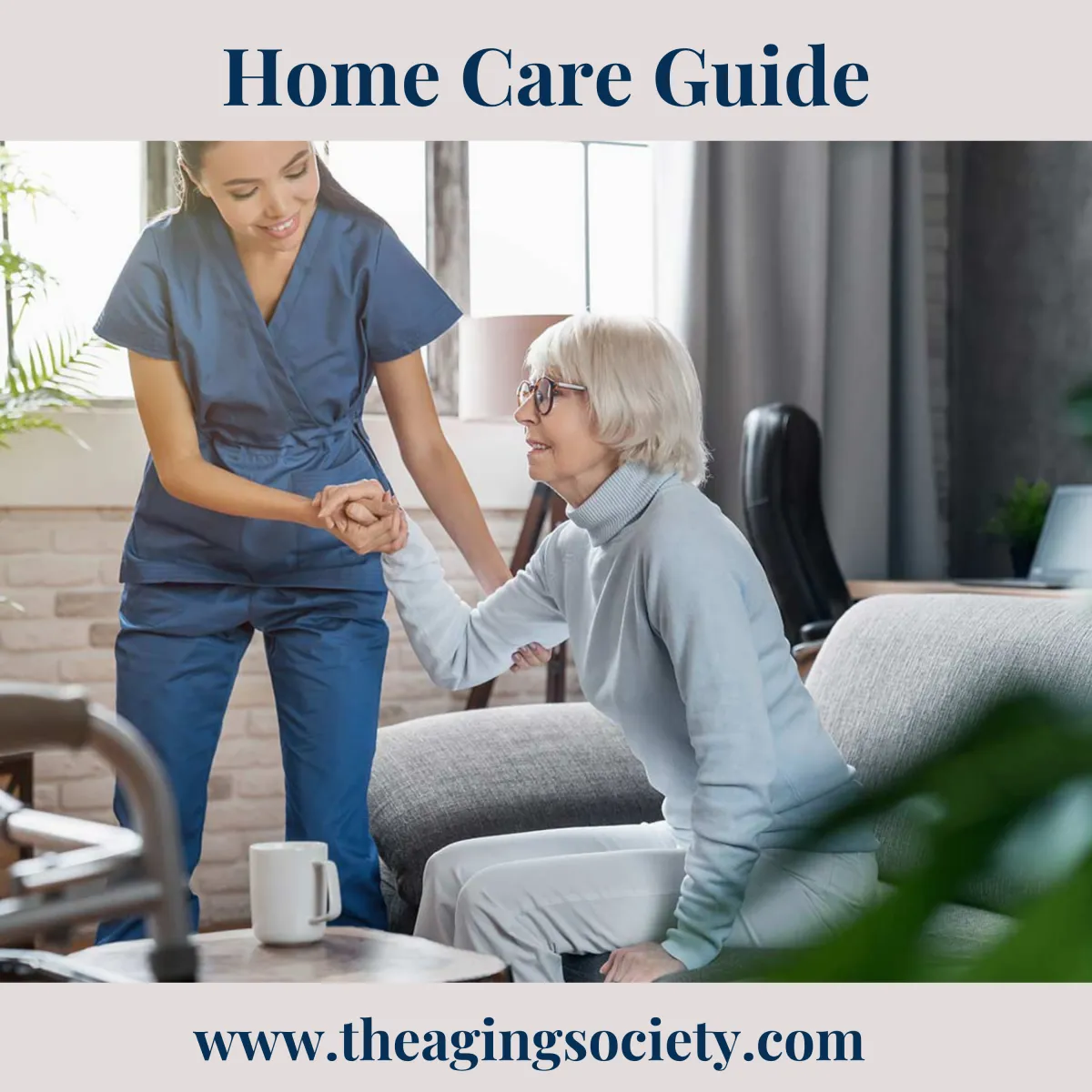
Not ready for a big move? This guide walks you through what quality home care looks like, how to choose the right help, and how to protect your parent’s safety and independence.
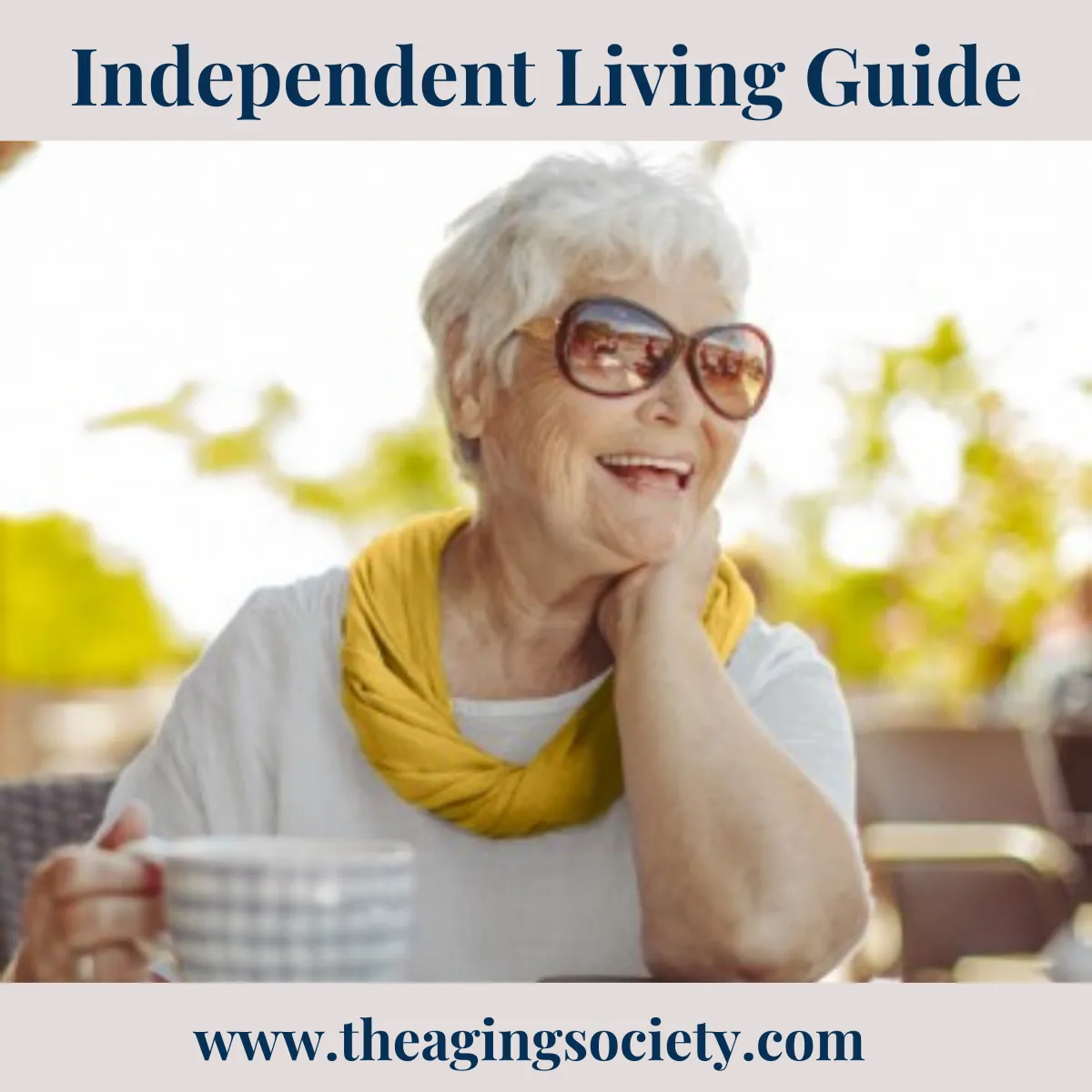
Wondering if your parent just needs a little community and support, but not full-time care? This guide helps you evaluate independent living options, including key questions and red flags.
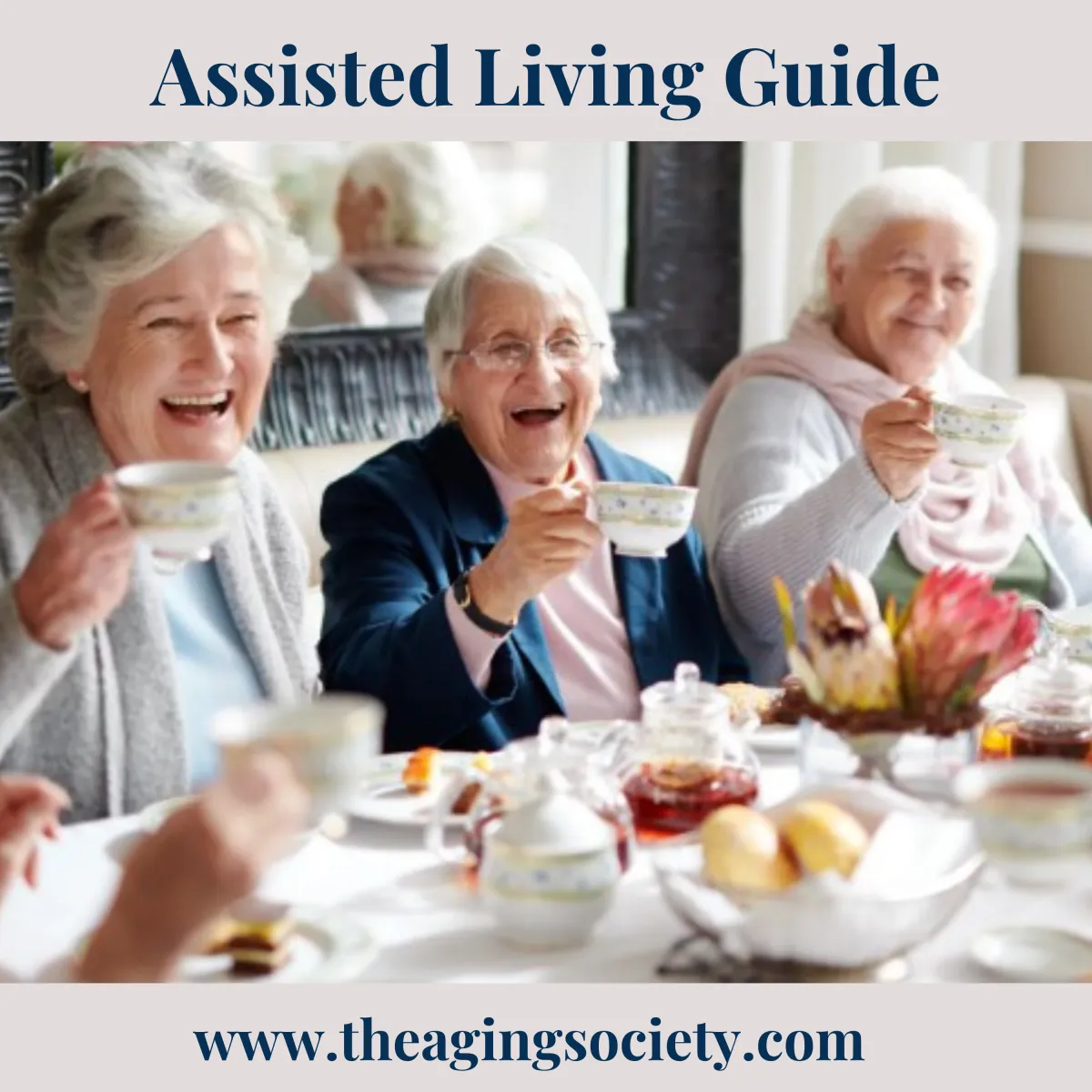
From bathing and meals to meds and mobility, this guide helps you know when assisted living might be the right step, how to tour facilities, and how to make the decision with less guilt and more confidence.
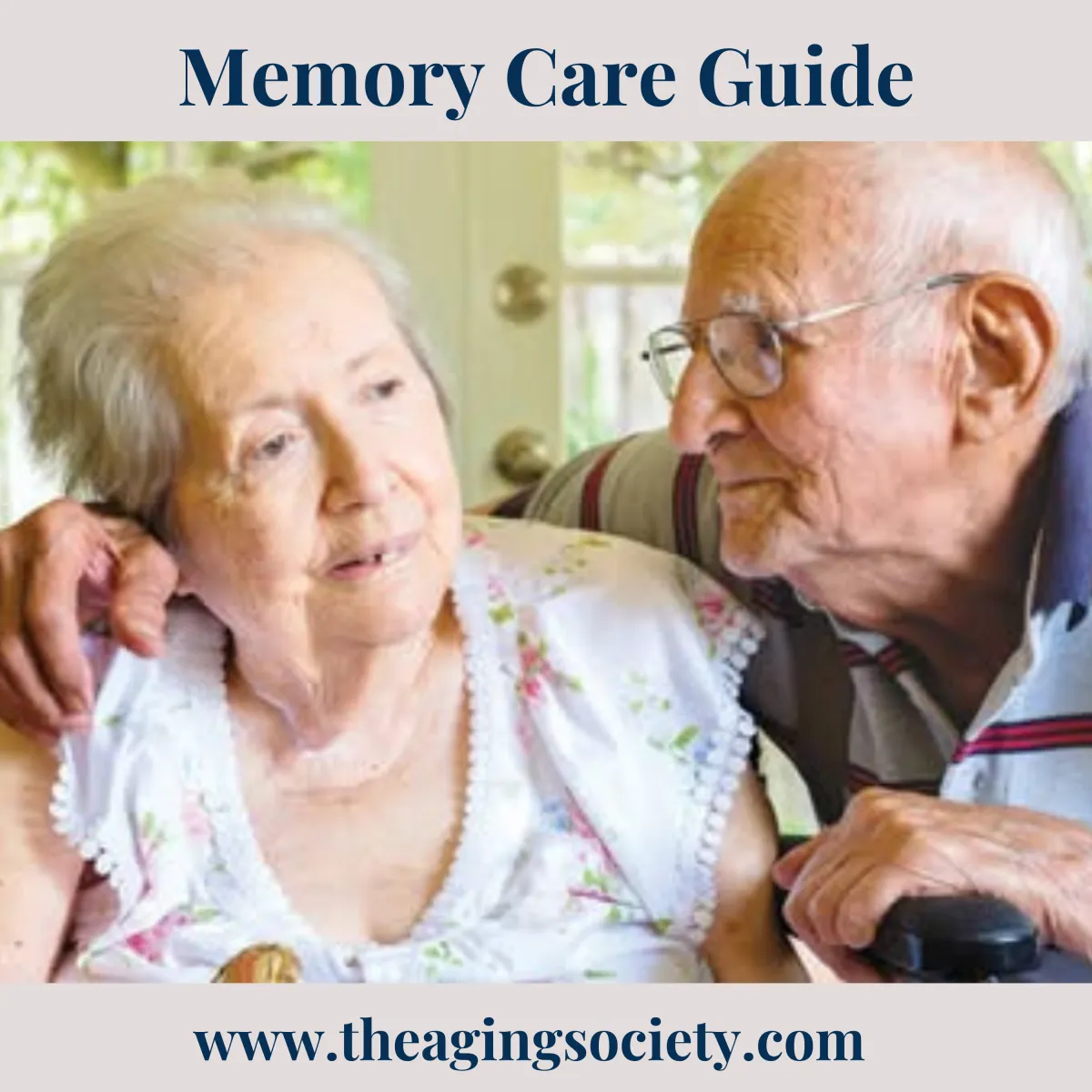
When memory loss is affecting safety or personality, this guide helps you understand what memory care really means, and how to make a thoughtful plan rooted in love and reality.
Clarity Without The Noise
One Small Story
These posts are for the caregivers who research everything and still feel uncertain.
Here, you’ll find stories, scripts, and decision tools that cut through the overwhelm and help you move forward with confidence. No fluff. Just grounded guidance you can trust.
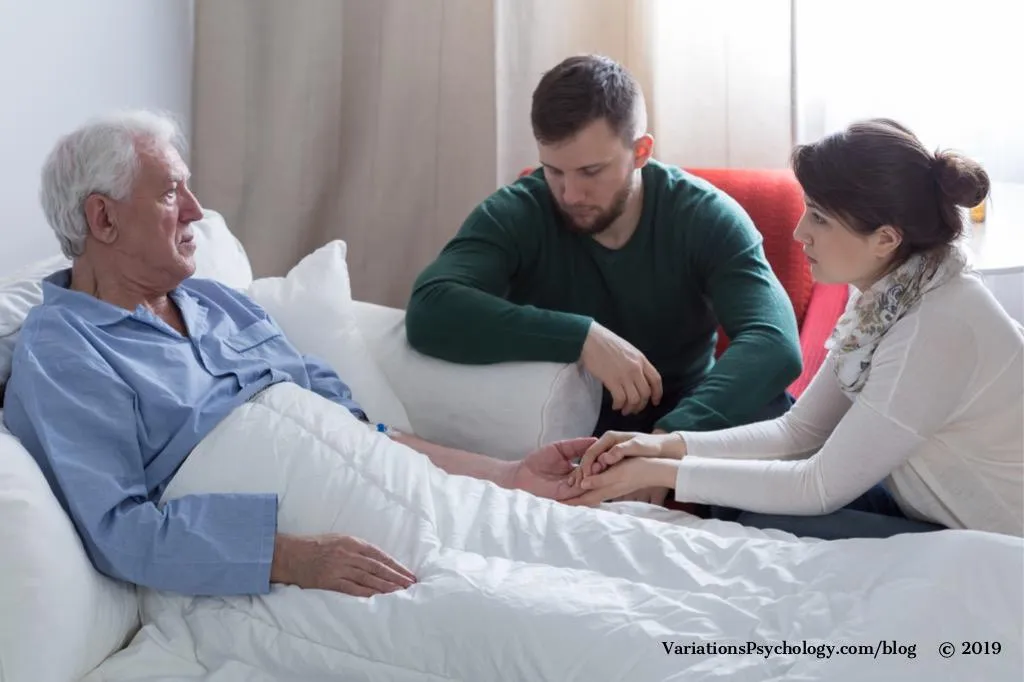
Caregiver Guilt and Resentment: When Bedsores Run Deeper Than Skin
It started with a phone call.
“Dad has a pressure sore. They’re saying it’s bad. Down to the bone.”
Melissa felt her stomach lurch, not only from the gravity of the diagnosis but from what it signaled. She wasn’t the sibling who lived nearby. She wasn’t managing daily check-ins, doctor visits, or keeping track of bed turns and skin checks.
That job had quietly fallen to her older sister, who was now, unmistakably, exhausted, angry, and done being polite about it.
Melissa’s chest tightened with guilt. But along with it, another feeling crept in: resentment.
Why hadn’t anyone told her things were getting this bad? Why was she expected to jump in now and fix everything?
When Care Is Uneven, So Are the Emotions
A bedsore isn’t just a medical crisis; it’s often a flashpoint for everything a family hasn’t been saying.
Sometimes, it’s the moment where long-simmering tensions boil over. Accusations fly. Old patterns reemerge. The question isn’t just What happened to Dad? But who let this happen?
These wounds don’t form overnight. They creep in over time, when routines fray, when parents resist help, when caregiving becomes an unspoken sacrifice. But the emotional aftermath? That can be swift and brutal.
The hands-on caregiver feels abandoned. The distant sibling feels ambushed. Everyone feels defensive. Because deep down, most of us want to believe: I’m doing the best I can.
Guilt and Blame: Two Sides of the Same Wound
Guilt says, “I should have done more.”
Blame says, “You didn’t do enough.”
Often, both echo in the same room, loud and overlapping. The sibling doing the daily grind feels overlooked. Their labor invisible. The one on the outside feels judged, even if no one says a word.
This emotional tug-of-war breeds resentment. Words become weapons. Roles from childhood reappear. And instead of uniting around the loved one in need, the family fragments under the weight of hurt.
But the wound on your loved one’s body? It’s only part of the story.
The rest is about roles never discussed, expectations never voiced, and history never healed.
How Families Can Begin to Heal (While Still Handling the Crisis)
If you’re in the middle of this storm, breathe. You’re not broken. You’re human. And healing is possible.
Here are three small steps that can make a big difference:
Name what’s really going on. Be honest: “Dad has a serious wound, and it’s surfaced some painful feelings. We need to talk about both.”
Recognize the imbalance. Acknowledge the one doing most of the care—and the one who feels left out. Even different roles can carry equal emotional weight.
Ask for teamwork, not blame. Instead of “Why didn’t you…,” try “What can we do now, together?”
When Bedsores Run Deeper Than Skin
This isn’t just about a medical diagnosis. It’s about how care reshapes families, reveals fractures, and—if handled with grace—can even lead to deeper understanding.
But sometimes, families can’t talk through the hurt alone. That’s okay. Sometimes, You Need a Referee Not Just a Plan
That’s where I come in.
My Family Strategy Calls offer a neutral, expert-led space to sort through the emotions, the logistics, and the plan. We help families move from blame to blueprint.
➡️ Schedule a Family Strategy Call
One Last Thing…
If you were the one who noticed the wound, made the call, or raised the alarm, you did the brave thing.
If you’re just now finding out and feel a mix of shock, shame, or sadness, you’re still part of the healing.
Families aren’t perfect. But they can heal. And sometimes, it starts with a single honest conversation.
From Other Caregivers Like You
"I had everything color-coded and still felt like I was missing something. This page helped me stop spinning and actually move forward."
"I knew what needed to happen. I just couldn’t get my family to listen. The scripts and tools here helped me say it right the first time."
“I had bookmarked 12 articles and still felt stuck. This was the first place that gave me a clear next step, and made me feel like I wasn’t overreacting for caring this much.”
“I thought having a system would be enough. But I still felt so alone in making every decision. The checklists and scripts here made it all feel less impossible.”
“What I needed wasn’t more information, it was permission to act without guilt. This space helped me trust myself again.”
"The tools here don’t just give you information, they make it feel doable. From the match guide to the family scripts, I finally feel like I can handle what’s ahead without losing myself in the process."
© 2025 The Aging Society. All rights reserved.
For families navigating senior care, find clarity, compassionate support, and trusted resources for senior care.
It all starts with One Small Shift.
